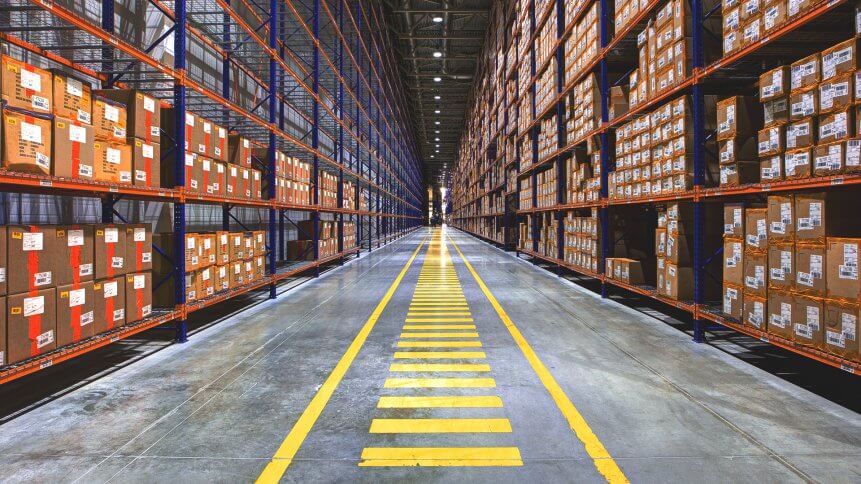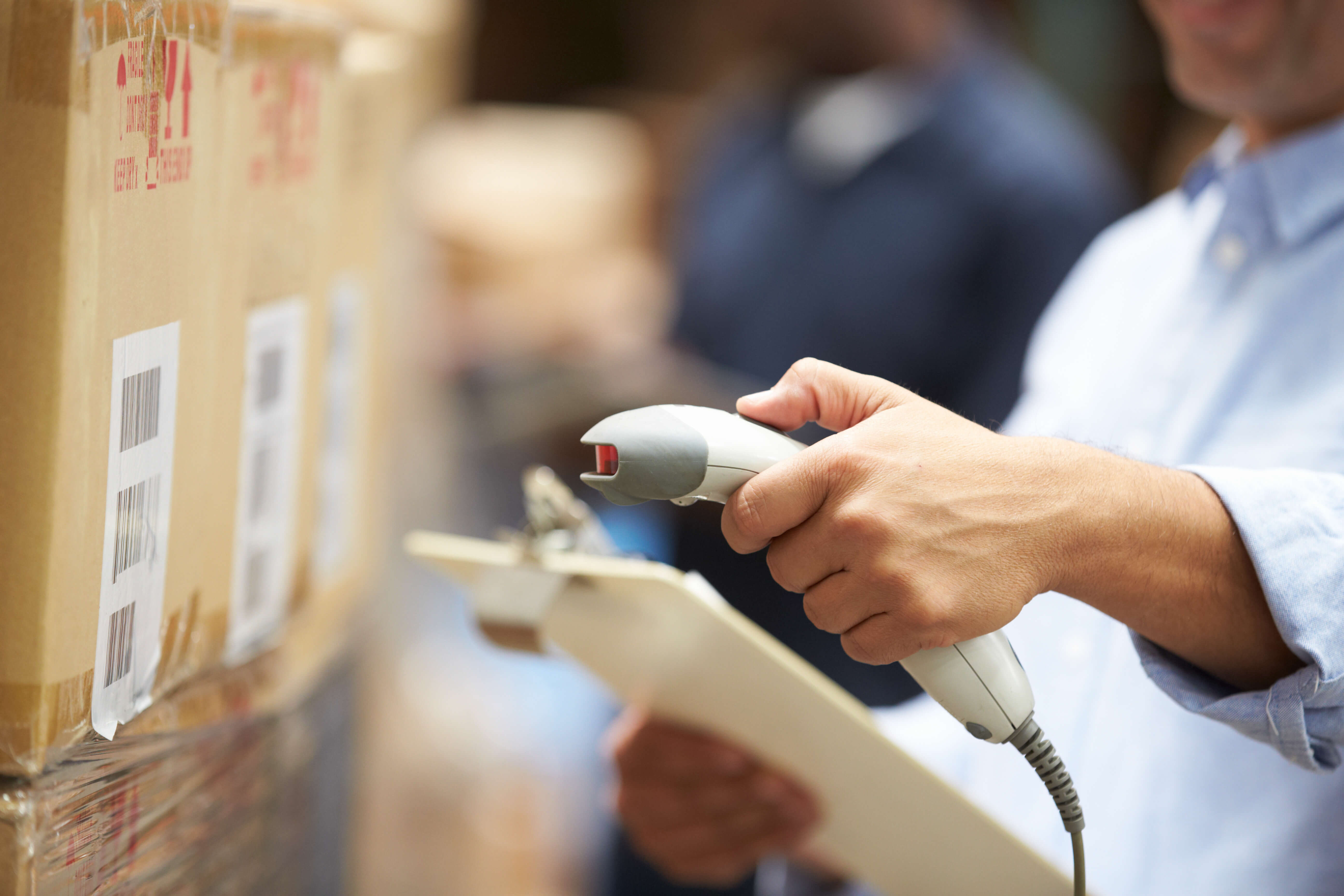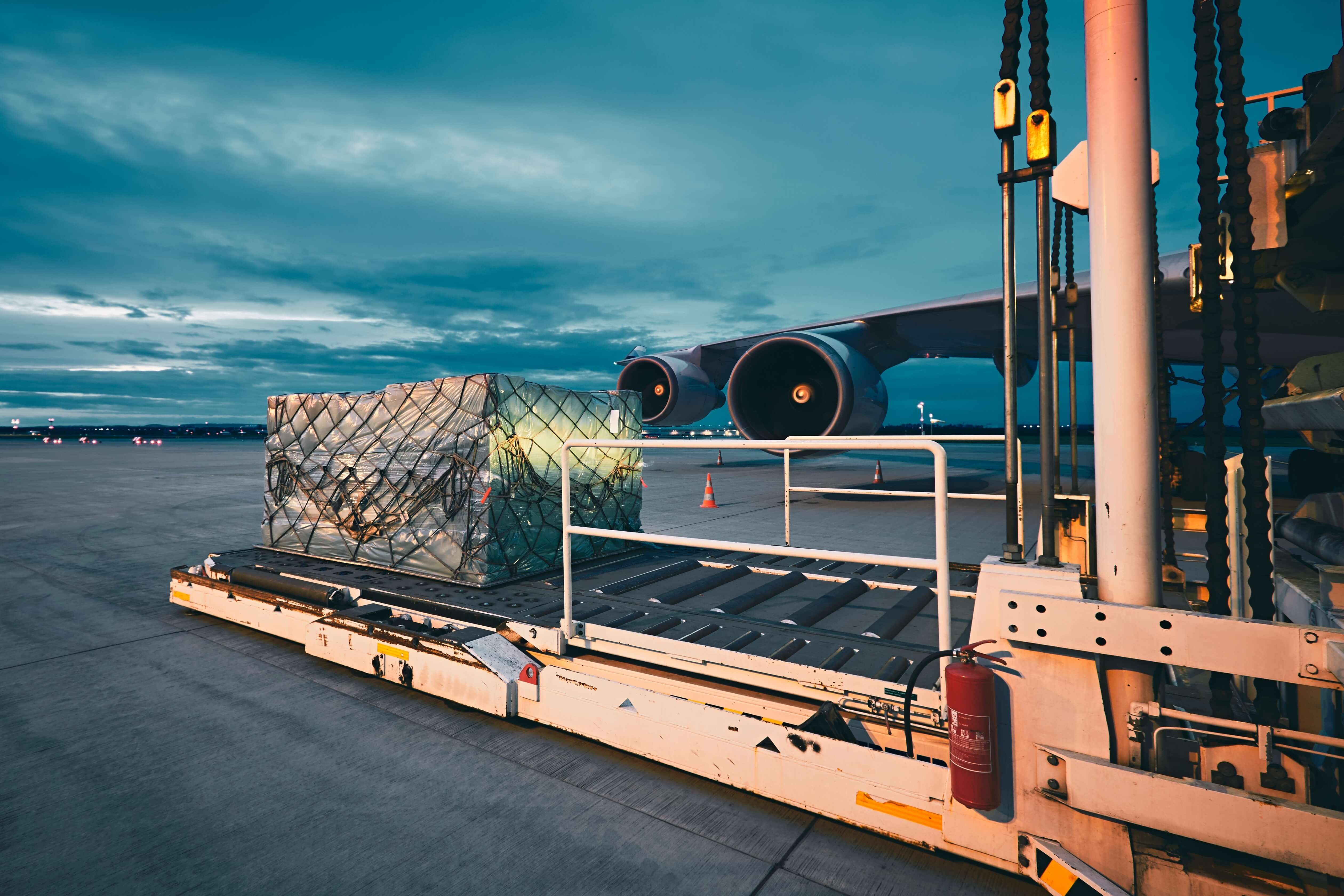Thinking of scaling? Rethinking fulfilment & logistics for 2020 and beyond

Here at TechHQ, we’re very fond of extolling the virtues of technology, its possibilities and the problems it can solve. A good deal of our role in the business-technology space is to present the very new platforms and solutions that are helping drive technically-astute companies into growth.
The flip side of technology’s advantages to the business or organization is that the ease with which technology helps us all with our lives also has the effect of driving up users’ expectations. Technology gives with one hand (like the ease with which we can order a taxi), but with the other takes away (every cab company now being under pressure to offer Uber-like service).
In retail, the double-edged sword of technology is very much in play. Consumers and businesses can order online or interact with a supplier or wholesaler, and integrated e-commerce systems will communicate seamlessly with supply chain and logistics technologies.
It’s when those processes don’t happen smoothly, or according to the accepted norm, that businesses and consumers alike will turn to a competitor. After all, an alternative retailer is only a screen tap away.
Indeed, in the eyes of many retail technology vendors, it’s no longer enough to talk about customer satisfaction and retention. Now the talk is of hyper-personalized services and providing every customer with positive experiences at every point of contact. And of course, it’s the technology that powers the systems which provides personalized customer experiences; something that is possible with only a dozen customers on the books.
At scale, with thousands or millions of monthly orders flowing through a business, providing personalized offers, personalized delivery options, special deals, or an Uber-grade service is only possible with technology.
Retailers that are continuing to expand and succeed are doing so by ensuring their business processes are tuned-in to these newer market demands like omnichannel retail, next-day (or same day) logistics and fulfilment, just-in-time warehousing; demands which are satisfied by connected technologies that stretch from a new would-be customer’s online experience down to final delivery, made on-time and according to expectations.
It’s worth reiterating that the required levels of attention to detail that need to be achieved at any significant scale are all but impossible without good software and hardware solutions that have been tuned to this new requirement of hyper-personalized customer experiences.

Shutterstock
While the artisanal, small-scale manufacturer can hand-craft each order and each customer’s experience, translating the company’s passion to the larger-scale needs particular types of technology.
It’s here that the new-generation of fulfilment and logistics solutions is offering companies the pain-free wherewithal to connect with each customer’s requirements precisely. That might be a simple product delivery that’s handled without operational hiccough, or a complicated omnichannel retail situation, in which the customer needs multiple items sent via different methods, to different locations— and perhaps partially returned via a brick-and-mortar store, or distribution depot.
The companies featured below are very much product specialists, and many manufacturers and producers are outsourcing their logistics, fulfilment & warehousing to technology-powered providers like these. Handing on the day-to-day detail of operations, from the processing of daily orders, goods-in checking, and returns management can help the retailer (or wholesaler) create the type of customer experiences that are demanded.
But in doing so, retail companies need to ensure that the passion that has driven their business to this point not only continues but is translated by the fulfilment provider, and then onto the customer, every time. Losing control, or especially, losing quality control, is something that simply can’t happen. Here at TechHQ, we’re pleased to present three suppliers of fulfilment solutions whose services and technology platforms are ready to drop into place.
Significantly, we’ve chosen three companies to feature that don’t demand a burn-down-and-start-again approach to technology. With existing systems already bedded-in, and (of course) very individualized requirements and processes, each of the three is capable of fitting their offering to the retailer’s or wholesaler’s requirements.
In technology terms, established practices and systems are known as ‘legacy’. The perhaps negative connotations of that word could be recast as ‘successful’ systems or processes; legacy systems will possibly already handle multi-channel integrations and stock control very nicely, thank you very much. But often it’s achieving success at scale and being able to adapt by providing a procedure-driven environment that makes the companies below attractive.
It’s essential that the logistics & fulfilment outsource specialist fits to its clients. If we were to try and sum it up, it’s a successful transfer of passion, from retailer/wholesaler to fulfilment/logistics that we’re looking for, especially important in this customer experience-centric world!
PROMOTIONAL HANDLING LIMITED
Based in the heart of the UK, PHL has been operating for 20 years, carefully adapting its software and systems so that they can be offered as a bespoke, carefully-tailored solution for its clients.

Shutterstock
The people at PHL are experts in online and offline fulfilment— after all, these are the teams who have seen the sector mature and change, and have been developing technology that supports that change for many years.
PHL’s exciting and attractive distinction is that it’s a company that’s developed complementary software systems that integrate into working environments in case-specific ways. Rather than provide templates to which each retailer or wholesaler has to adhere, each of its clients’ specific needs or values are reiterated and reinforced by the PHL team: if your business is dependent on particular processes (like in pharma, for example), trades easily-spoiled goods or sends fragile/delicate items, PHL has the expertise to replicate your emphasis, and — as and when necessary — continue it at scale, with no operational glitches.
There’s a broad portfolio of components or services clients can choose from, but we recommend that interested parties begin at fulfilment and/or shipping. Should you need customer service or aftercare systems, or someone to handle complex returns policies, PHL has the expertise on tap.
You can read more about this UK company by reading more right here on the pages of TechHQ.
SHIPBOB
American company ShipBob’s offering concentrates on distribution and fulfilment services for the US market, so, for e-commerce retailers looking to service and deliver to that continent, this may be a perfect match.

Shutterstock
The company has several dozen distribution centers across the continental USA, and multiple storage & warehousing facilities too. Therefore if you are entering the US market for the first time, you can concentrate your inventory in, for instance, the Eastern seaboard.
Like many modern software applications, ShipBob’s systems make extensive use of APIs, so just about any e-commerce platform can integrate seamlessly, with full synchronization taking literally just a few minutes with even very extensive product lists. If interfacing with a bespoke or non-standard commerce management system is required, the company’s open API documentation is well-written and easy to follow— for the technical teams, at least!
The company will ship overseas from the US using household-name couriers, so the continental US can be used as a stepping stone into Canada, Central or South America, the Caribbean, and nearby territories. You can read more about ShipBob and its easy-to-use offering on the company’s site here.
MAGAYA
Magaya’s offerings cover all the software and technology needs of today’s retailers, with a single platform that manages accounts, logistics, freight-forwarding, stock-control and a range of shipping options, including last-mile, 3PL, ocean and air freight.

Shutterstock
The company has offices in Brazil and New York, and its multilingual staff are on-hand 24/7 to cope with any localized operational glitches, should they occur. The company places a great deal of emphasis on visibility— into the individual delivery, onto stock levels, and even handles international data governance issues.
That means that if you trade in countries or specific geographies that require particular care with data handling (California, Russia, EU, Australia, for example) the company takes care of that, too.
One of Magaya’s key advantages is its pre-existing partnerships with global distributors, so in addition to its software platform that helps manage the entire business, its clients can leverage Magaya’s bulk discounts, which it continues to negotiate on a daily basis to get its clients the best possible prices.
For a high-end, highly-visible and data-resilient logistics, warehousing and international shipping partnership, look no further than Magaya. Read more about the company’s offering here on its site.
*Some of the companies featured are commercial partners of TechHQ








